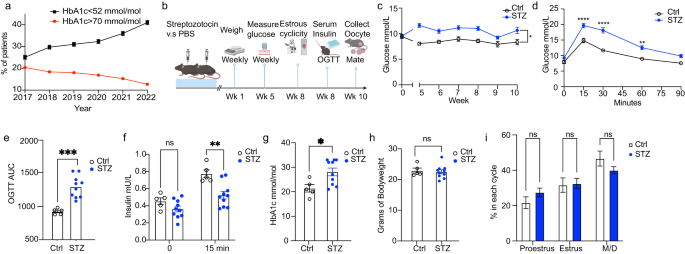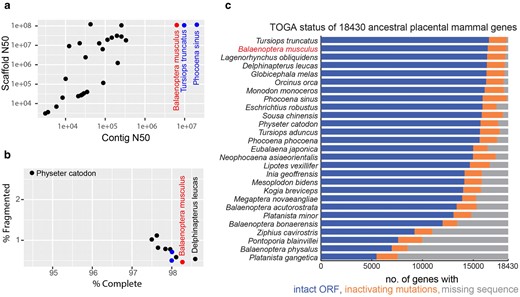2024-03-15 アリゾナ大学
<関連情報>
- https://news.arizona.edu/story/innovative-chemical-strategy-targets-mosquito-larvae-gut-combat-spread-deadly-diseases
- https://pubs.acs.org/doi/abs/10.1021/jacs.3c14598
化学プローブで蚊の幼虫の腸の極限環境を探る Chemical Probes to Interrogate the Extreme Environment of Mosquito Larval Guts
Lindsay E. Guzmán, Anjalee N. Wijetunge, Brendan F. Riske, Brooke B. Massani, Michael A. Riehle, and John C. Jewett
Journal of the American Chemical Society Published:March 14, 2024
DOI:https://doi.org/10.1021/jacs.3c14598
Abstract

Mosquito control methods are vital to curtail the spread of life-threatening illnesses, such as dengue fever, malaria, and yellow fever. Vector control technologies must be selective to minimize deleterious effects on our ecosystem. Successful methods that control mosquito larva populations utilize the uniquely high alkaline nature of the midgut. Here, we present novel protected triazabutadienes (pTBD) that are deprotected under basic conditions of the larval midgut, releasing an aryl diazonium ion (ADI) that results in protein modification. The probes contain a bioorthogonal terminal alkyne handle, enabling a selective Cu-click reaction with an azidofluorophore for quantification by SDS PAGE and visualization using fluorescence microscopy. A control TBD, unable to release an ADI, did not label the midgut. We envision our chemical probes will aid in the development of new selective mosquito control methods, thus preventing the spread of mosquito-borne illnesses with minimal impact on other organisms in the ecosystem.


